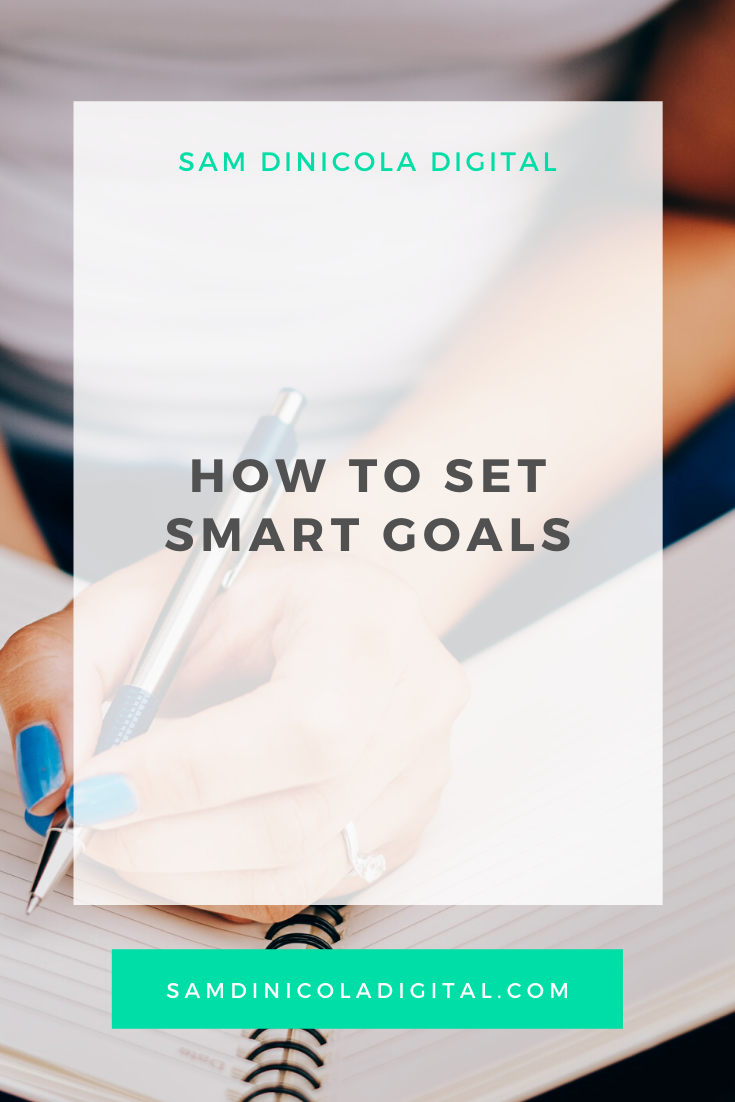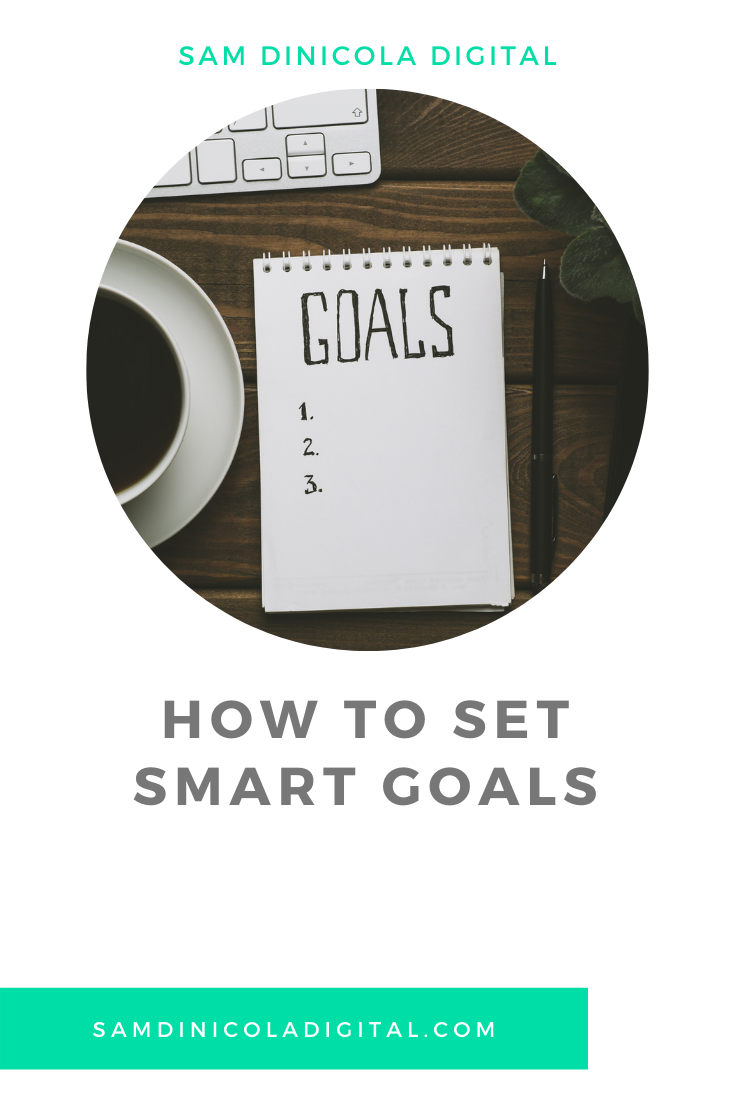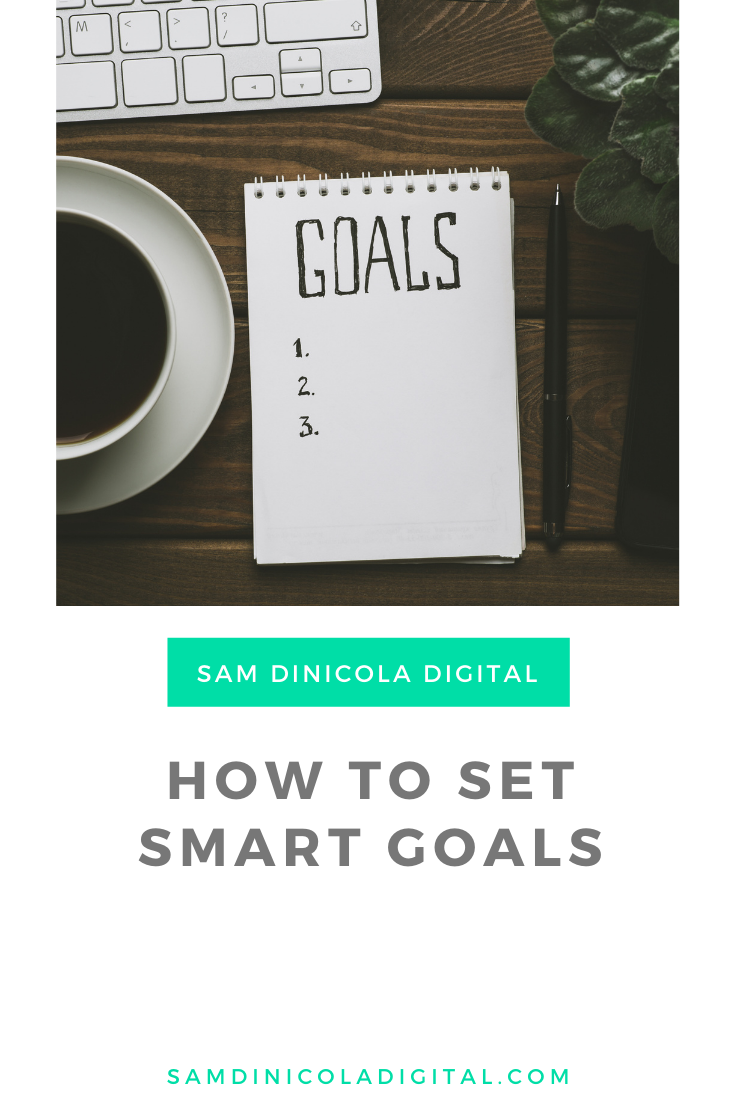Copywriting and SEO
Alright guys, today we are going to be talking about copywriting and SEO and I know this is something that intimidates a lot of people right a lot of business owners, a lot of marketers, SEO is kind of this black hole confusing thing that people don't understand. They know maybe you know it's, it means Search Engine Optimization maybe that it says something about how you're being found online and via Google but that's kind of it, and people don't know anything else about it.
So we are going to talk about how when you are writing content for your website. And when you're creating pages on your website, things like that, how you can make sure the content on your website is working for your SEO strategy is working, so that you can try and continue to you know go up in the rankings of Google search results.
Okay, so the first thing I want to touch on here is key word research, and this, like so many other things is going to go back to understanding your target audience, and understanding the words that they use and I say this a lot of the time because how you describe your product and service doesn't really matter how your ideal customer, how your target audience describes your product or service that's the most important thing. So if they feel that your product or service is helping them with problem A, and you feel like, yeah, kind of, but it's really more made to help with problem B doesn't really matter, you need to make sure that you're talking about how your product or service helps them to solve problem A, because that's what's at the top of their minds. That's what they feel like you're helping them with, and that's what they are going to be using to search for a solution, right, and then when they see that content on your website that's related to problem A, they're gonna think, oh they know exactly my problem they know exactly what I'm talking about there in my brain, and that's going to help to build the know like and trust factor, and help move them down the purchasing funnel because they are going to feel understood by you and it's, the more they feel understood by you, the more likely that they are going to be to make a purchase, right.
So, your keyword research is just getting down a little bit deeper and a little bit more specific into understanding your target audience and your target market, right, because you're going to do keyword research and there's a bunch of tools there is sem rush there's Moz there's tools that you can use online. Google has a keyword research tool as well that are going to allow you to see okay what words are people typing into Google around this, both short and long tail keywords, Right, so that might be sort of like for me, someone might, I might come up for SEO or SEO strategy or search engine optimization services. How do I rank in Google right how do I drive more traffic to my website, those all have keywords or keywords in them, or long tail keywords but they're a little bit different right some of those are full questions that they're typing into Google and others are just those really specific terms, right. But the reason that you want to do keyword research, is that you're going to be able to make sure that you're including those keywords and different versions of those keywords in your content so that then when Google is deciding what they want to deliver to that person in the search results, they're going to be able to see oh this website has these keywords and relevant keywords on it. So that indicates to Google that you are, you know, talking about that topic that keyword and you're relevant to them and that's where Google can tell that you are relevant, and the more relevant that Google finds you, the more likely you are to get on that search results in that first page of search results and towards the top of those search results. So make sure that you are doing keyword research if you have no idea how to do keyword research, there's a ton of articles online about how to do it. And there are plenty of tools out there to help you do it online, but definitely make sure that you're doing that, going into your keyword research is also going to help you get an idea of the tone of voice and the wording that your ideal customer and your ideal target market is using which is also going to be helpful, because if you're using that tone of voice and that wording in your content, again they're going to feel like you understand them more and it's going to help build that trust factor.
So, the next thing that you want to think about is find out what questions people are asking as it relates to your product or service, and you can search this on Reddit or Quora, or literally just searching it into Google and see like what Google, you know suggests as the end of your search result, you can do this in a bunch of different ways, but by seeing what questions people are asking that are related to your product or service. You can then create content around answering that question. Right, and so now you know people are asking that question. And you know that it's going to be relevant, answering that question is going to be relevant to your target audience. And so you can now create content around that which is again going to indicate to Google that you are relevant to that search, you are relevant to those keywords and those longtail keywords, and that's just going to help you to come up in those search results, but that's a great way to mine for content is look at what questions are people asking around my product or service, and what I offer. So the next thing is when you're creating your content so when you're creating your content you want to be thinking about your metadata. And what that is is when you search for something in Google, you will see the different search results and on those different search results. Typically, you'll see a meta title and a meta description right so it'll be like the title of the page like the header, kind of a more detailed title underneath it. That's the main title and then the meta description underneath it will be like two or three sentences about what's on that page, you want to make sure that you're setting your metadata because that is again an indicator to Google, of this is you're basically telling Google, this is what I'm talking about on this page right so please serve this page to people who are asking about this thing right so make sure that you're setting your metadata, and you're using those keywords and really paying attention to that. The next thing is on your actual page of your content make that content as readable and digestible as possible. So how you can do that is splitting it into multiple sections with headers using headline tags that would be like, h1 h2 h3.
A lot of times that will make it you know bigger or smaller but that's also indicating to Google this is the most important headline in this article, this is the next most important or these three are kind of have the same weight it's weighting the content and indicating to Google what within that page, what content is the most important, right, but you want to make it super skimmable for readers. So, you break it up into sections use lists bullets, things like that right include relevant other content and context within that article so that they don't have to be like What was that, and then go out and they have to go, you know, you don't want your content to create more questions than answers. Right, so make it really skimmable make it really digestible make it, you know, really easy to consume your content that is just going to make it more likely that the people who land on your page will find it valuable and will stay on your page, which indicates to Google, again, that it is relevant to them and it will continue to serve it to more people who are searching for similar things, make sure you're including a CTA, a call to action right and any of your content anywhere you should always be telling them where to go next, whether that's to find a relevant blog post, whether it's to download a freebie whether it's to buy your product or service book a discovery call whatever, tell them what to do next.
Not only is that ensuring you don't lose them and they don't just leave forever, right, but it's helping them, it's helping you to put what's most valuable and relevant to them right in front of their face and make it as easy as possible for them and that's what you want, again indicating to Google that when they land on that page they're finding relevant information and so they'll, you know, continue to serve that to other people. And then make sure in that same line of thinking you are including internal and external links within your content so External links is to other relevant relevant content on other websites and internal links is relevant content on your own site, and both of those things indicate to Google, okay great. These are relevant and related pieces of content. And this is all making this content. And this website, more valuable to the users that are ending up there because that's what Google wants Google wants, always, to serve the most relevant information to the user who is making a search right that's their service. So you need to give Google all of the tools it needs to indicate. I am the most relevant for people who are searching for these keywords, right. and these are all the, you know, just a few different ways that you can do that but that's always what you want to be thinking of in terms of SEO is how can I indicate to Google that my content is relevant for people who are searching for these types of keywords.
Now, if you're feeling super overwhelmed by all of this and you're like I have no idea what you just said to me just threw a lot at me, and I don't know where to start. I really encourage you to go to my website sam DiNicola digital.com, go to forward slash SEO dash audit and book an SEO audit. What it does is we do a complete audit of your site, we do a competitive analysis and we break down for you. What you need to do on your website what you need to do off your website in order to get you ranking for your relevant key words. And we really break it down into things that are going to be easy for you to do right now to fix some things and moving forward. And we also identify here's some more complicated things that you might want to get some help on and that could be with us or that could be with somebody else. But I really always recommend an SEO audit for a lot of business owners because SEO can be a scary thing, and what is likely is that a lot of your content on and then probably a big portion of your site is not optimized for SEO, and you're really leaving money on the table you're leaving traffic on the table, because what would it mean to you. If you were able to double the amount of traffic coming into your website every single month, just by making these tweaks to your website right and that's what happens to a lot of our clients, double, triple the amount of traffic that they got, you know, compared to the previous year the previous six months right and that just continues to grow and grow and grow,but that's not money that they're spending on ads, that's not time that they're spending, you know, promoting on social media, it's just ensuring that their website is SEO optimized, and they're implementing a really effective SEO strategy within their existing content strategy.
So, if you feel like you don't really know where it starts where to call when it comes to SEO and you want to get some help and you don't know what that should look like. Go to Sam DiNicola Digital Comm, forward slash, SEO dash audit and we can definitely help you to get started and start to demystify SEO for your business. And that is copywriting and SEO so I hope you found this really, really helpful. If you haven't already, make sure you leave a review on Spotify or Apple podcasts, or wherever you're listening to this, every single month we do a drawing, and one person wins a free coaching call with me this is the best and easiest way to get my eyes on your business, especially if you're just starting out, especially if you have a bunch of questions, so if you haven't already. What do you have to lose it'll take you two seconds, leave a review for this podcast and be entered to win a free coaching call with me, and I will see you next time on no fluff, small business simplified.










